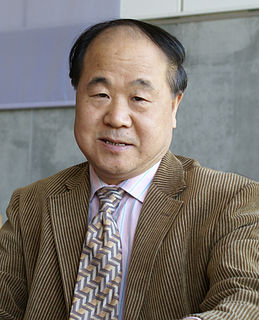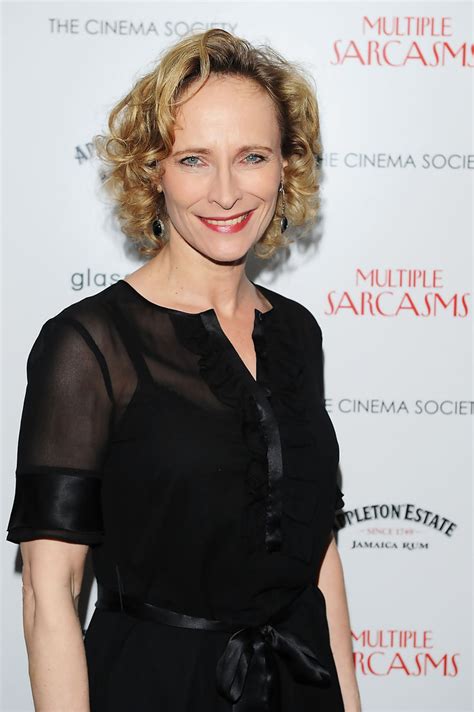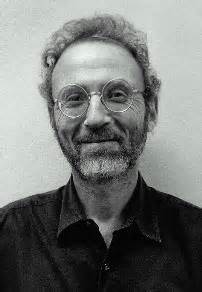A Quote by Mo Yan
A writer writes what he knows, in ways that are natural to him.
Related Quotes
Men are four;
He who knows and knows not that he knows. He is asleep; wake him.
He who knows not and knows not that he knows not. He is a fool; shun him.
He who knows not and knows that he knows not. He is a child; teach him.
He who knows and knows that he knows. He is a king; follow him.
The heights by great men reached and kept
Were not attained by sudden flight,
But they, while their companions slept,
Were toiling upward in the night.
There are four types of men in this world: 1. The man who knows, and knows that he knows; he is wise, so consult him. 2. The man who knows, but doesn't know that he knows; help him not forget what he knows. 3. The man who knows not, and knows that he knows not; teach him. 4. Finally, there is the man who knows not but pretends that he knows; he is a fool, so avoid him.
As every writer knows... there is something mysterious about the writer's ability, on any given day, to write. When the juices are flowing, or the writer is 'hot', an invisible wall seems to fall away, and the writer moves easily and surely from one kind of reality to another... Every writer has experienced at least moments of this strange, magical state. Reading student fiction one can spot at once where the power turns on and where it turns off, where the writer writes from 'inspiration' or deep, flowing vision, and where he had to struggle along on mere intellect.
The writer trusts nothing she writes-it should be too reckless and alive for that, it should be beautiful and menacing and slightly out of control. . . . Good writing . . . explodes in the reader's face. Whenever the writer writes, it's always three or four or five o'clock in the morning in her head.
My husband, William Sutcliffe, the writer, is my first reader and in many ways my most important. That initial reading of the manuscript is crucial and irreplaceable and you want them to approach it as someone in a bookshop might, not knowing much about it. So I've got into this pattern of not telling Will anything about the book I'm working on. He often knows nothing about the book I'm working on at all until I give him the whole manuscript and ask him to read it. The book I'm working on at the moment he knows nothing about. No one does.
It is natural for a young fellow to like the acquaintance of females and customary for him to keep them company when occasion serves. Some one of them is more agreeable to him than the rest; there is something, he knows not what, pleases him, he knows not how, in her company. This I take to be what is called love with the greatest part of us.
There’s a writer for you,” he said. “Knows everything and at the same time he knows nothing.” [narrator]It was my first inkling that he was a writer. And while I like writers—because if you ask a writer anything you usually get an answer—still it belittled him in my eyes. Writers aren’t people exactly. Or, if they’re any good, they’re a whole lot of people trying so hard to be one person. It’s like actors, who try so pathetically not to look in mirrors. Who lean backward trying—only to see their faces in the reflecting chandeliers.
I'm looking for a writer who doesn't know where the sentence is leading her; a writer who starts with her obsessions and whose heart is bursting with love, a writer sly enough to give the slip to her secret police, the ones who know her so well, the ones with the power to accuse and condemn in the blink of an eye. It's all right that she doesn't know what she's thinking until she writes it, as if the words already exist somewhere and draw her to them. She may not know how she got there, but she knows when she's arrived.




































